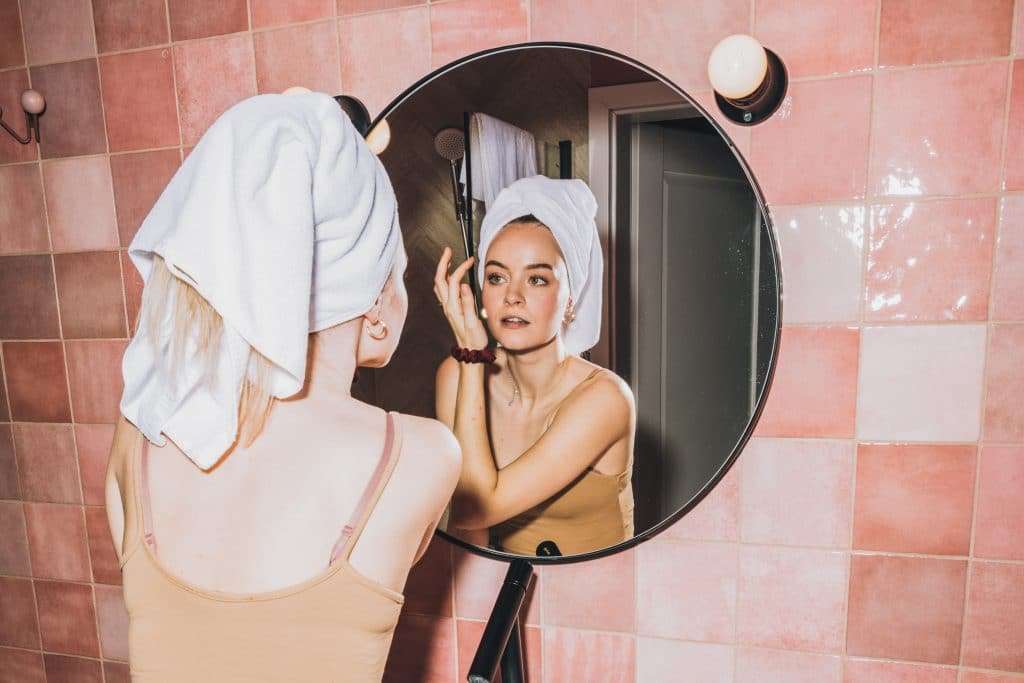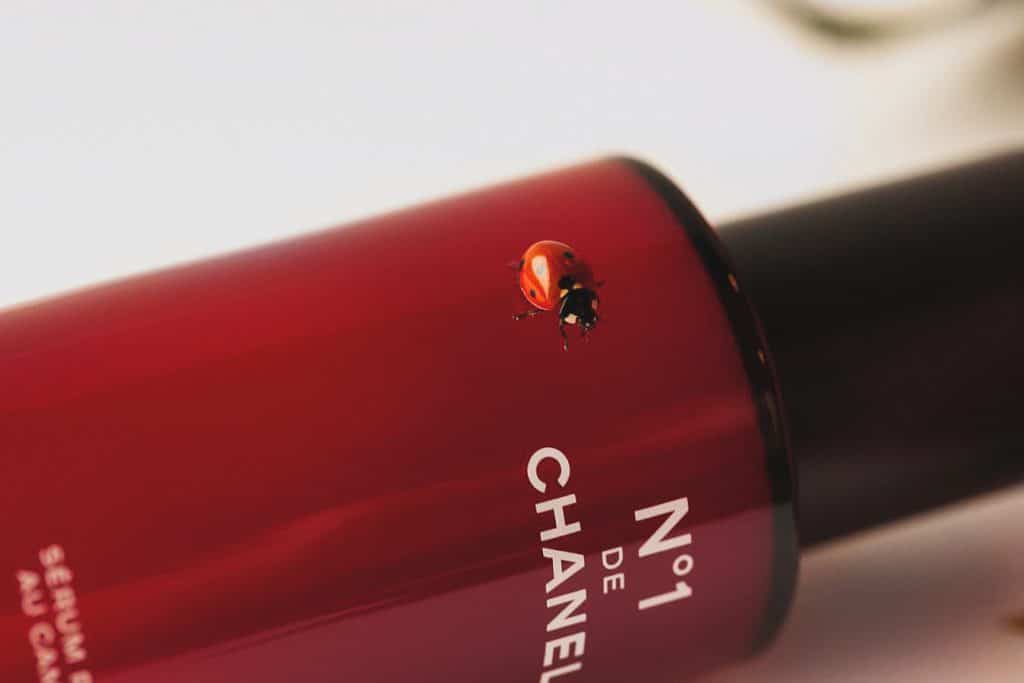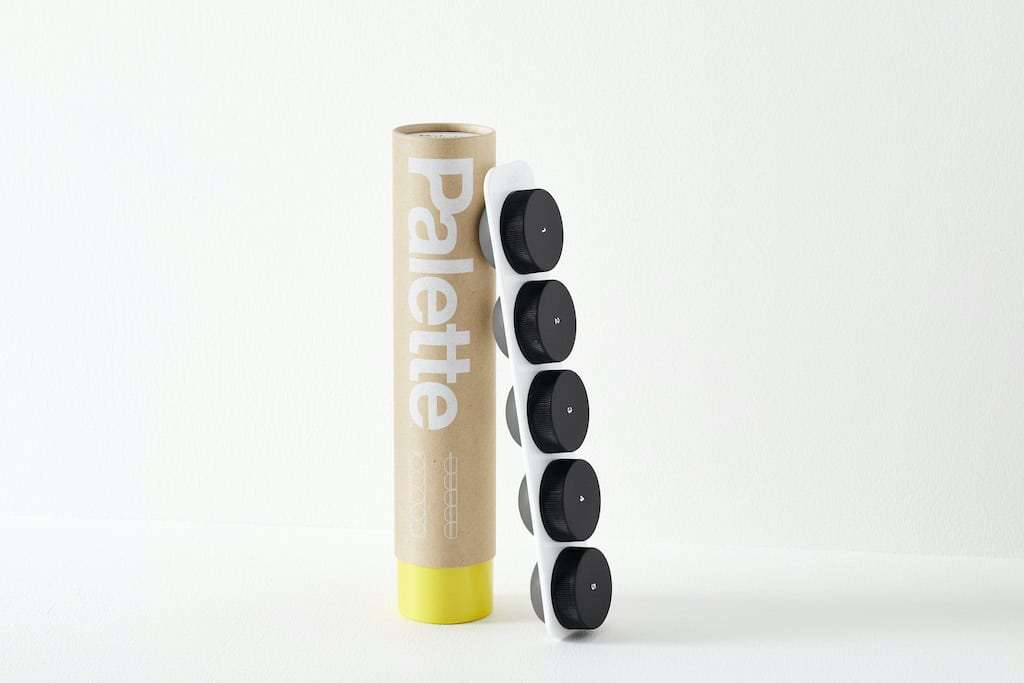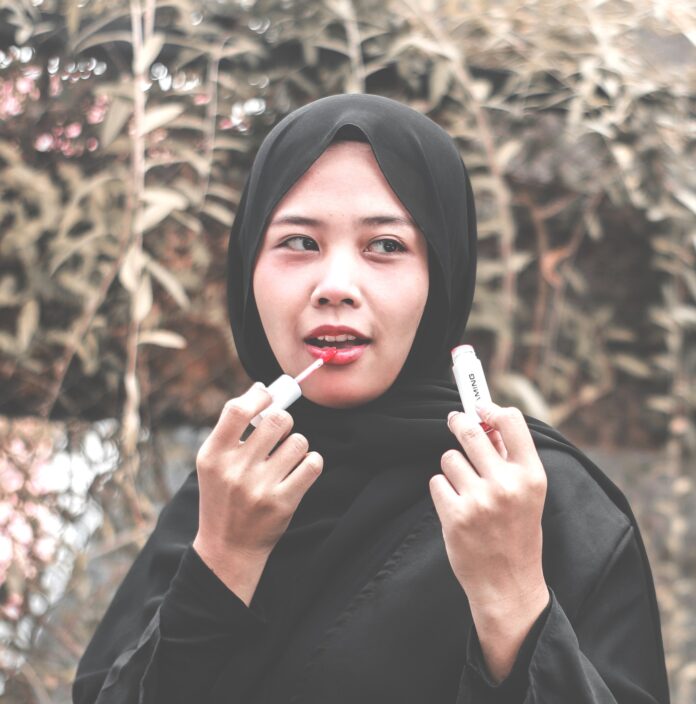From buying refillable makeup products to shopping clean beauty brands, here’s how to give your beauty routine a sustainable makeover.
In our ardent quest to look and feel our best, the demand for personal care and cosmetics products is at an all-time high. The global beauty industry is valued at $532 billion, according to retail analytics firm Edited — and it’s only getting bigger.
Experts predict the market will grow to be worth more than $716 billion by 2025. But for an industry built on being aesthetically pleasing, beauty products sure do have an ugly side. From contributing to plastic waste and deforestation to being resource-intensive — the beauty products in your makeup bag may not be as pretty as you think.
The problem with fast beauty
From shimmery eyeshadow palettes and tinted moisturizers to liquid matte lipsticks and smudge-proof eyebrow pomades — there’s always a new “must-have” product to try. Just like fast fashion, beauty brands are churning out cosmetics products at break-neck speed to meet the growing demand. But just like fast fashion, the true price of being on-trend is coming at the cost of the planet.
For starters, the personal care and beauty industry is highly pollutive. According to the recycling company TerraCycle, the sector produces 120 billion units of packaging globally each year — much of which ends up in landfills. The industry’s use of toxic chemicals and ingredients like palm oil is also problematic — contributing to deforestation, biodiversity loss, and pollution.

But consumers are becoming more knowledgeable about the impact their purchasing habits have on the planet — and themselves. After all, who wants to apply foundation and lip glosses that are rife with the likes of fluorine and formaldehyde? A 2021 study by consulting firm Simon-Kucher & Partners found that 85 percent of shoppers have shifted their behaviors to be more sustainable. Moreover, one-third of consumers, primarily millennials, are also willing to pay more for sustainable products.
“The relative importance of sustainability during the purchase process will continue to increase,” said Dr. Andreas von der Gathen, the company’s co-CEO. “As expectations around sustainability climb, companies will face significant pressure to prove their sustainability credentials and continue to make it a central part of their value proposition.”
Beauty brands move to embrace sustainability
Beauty brands are already feeling the pressures of their environmentally conscious consumers. Innovations like carbon-neutral and waterless beauty are hitting the market. And many have begun rebranding and reformulating their products to align with their shoppers’ habits.
In 2021, Unilever — the parent company of brands like Vaseline and Dove — announced the launch of its Positive Beauty Growth Platform. The initiative aims to partner with startups to scaleups to drive innovation in sustainable and inclusive products.

In an effort to minimize its environmental impact, French luxury label Chanel debuted its first sustainable beauty collection, No. 1 de Chanel, last year. L’Oréal is also making an effort to reduce its footprint. By 2030, 95 percent of the personal care brand’s ingredients will be bio-based and 100 percent of its plastics will be from recycled or bio-based sources.
L’Oréal also launched its Circular Innovation Fund to support startups working on circular resources in packaging, recycling, waste, and other key sectors. (Granted, these are all small changes and do not mitigate the environmental impacts of their other unsustainable products.)
Beautify your beauty routine
In the world of beauty, collective action must be taken in the form of industry-wide sustainability standards in order to minimize the sector’s vast environmental footprint. And while the brunt of the responsibility falls on beauty brands to put the planet over profit, consumers still wield considerable purchasing power.
And, remember, beauty doesn’t have to mean slathering on the skincare or makeup products. Being comfortable in your own skin is the best recipe for beauty, not to mention reducing plastic waste and unsustainable products. For example, you can accent your natural beauty with accessories. Consider getting your ears pierced if they’re not already. This is a great way to naturally highlight your already natural beauty.
How to make your beauty routine more sustainable
From opting for refillable products to minimizing waste, here are five easy ways you can your beauty routine a sustainable makeover.
1. Ditch single-use products
If you want to reduce the amount of waste your beauty routine produces, the best place to start is by eliminating single-use products. You know, like face masks, face wipes, makeup remover pads, and hair sheets. Instead, opt for beauty products that can be used more than once, such as Public Goods’ reusable cleansing rounds and face masks that don’t involve sheets.
2. Opt for beauty products that are refillable or package-free
Minimize your package consumption by purchasing refillable or package-free products. The Zero Waste Store offers a range of sustainable, vegan makeup that are either refillable or plastic-free from brands like Elate Cosmetics and Trestique. Other brands to shop include MOB Beauty and ZAO Organics, the latter of which uses refillable containers made from renewable bamboo.

3. Support sustainable beauty brands
When it comes to minimizing your environmental footprint, buying less is always a good idea. But for those times when you need a good concealer or a glossy lip, shop brands that put sustainability first. (Take a peek at Ethos editors’ top clean beauty picks here.)
4. Ditch the nasty chemicals
According to the Environmental Working Group, a consumer health advocacy non-profit, the average woman comes into contact with nearly 170 chemicals through the use of only 12 personal care and beauty products each day. Even more alarming is the fact that 60 percent of these chemicals are absorbed directly into the bloodstream, reports the Herb Research Foundation.
In addition to being harmful to people, these chemicals are also bad for the planet. When your skincare and makeup products are washed down the drain, so too are the toxic chemicals. Shop for non-toxic brands like 100% Pure, which uses plant-based ingredients like tea, fruits, and vegetables, and Ilia Beauty. The latter also prioritizes sustainability by using recycled aluminum, glass, and paper in its packaging.
5. Embrace multi-use products
In addition to shopping for sustainable brands, you can the amount of waste you generate — and save space in your makeup bag — by opting for multi-use beauty products, from illuminating highlighters that can be used as vibrant eyeshadows to lipsticks that double as a blush. Just make sure you recycle the containers when you’ve used them up!
Related on Ethos:
All products featured on Ethos have been independently selected by our editorial team.
When you buy something through our links, Ethos may earn an affiliate commission.


